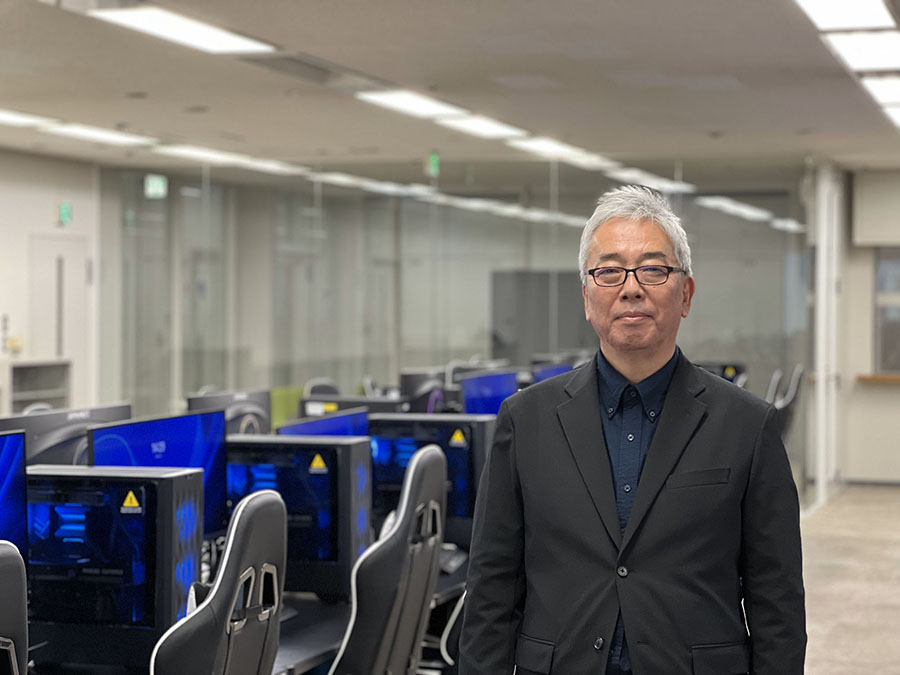Keynote
Prof. Hajime Morita (Graduate School of Engineering, Kogakuin University)

Title
Learning from Steve Jobs' KANSEI: Why UI/UX Creates the Best in the World
Abstract
Fusion of Technology and Sensibility: Learning from Steve Jobs' KANSEI Approach
This lecture explores how Steve Jobs' leadership and the concept of "KANSEI" (affective engineering) contributed to Apple's success, shaping innovative and user-centric product development. We begin by defining KANSEI, emphasizing how emotional responses and deep satisfaction play a crucial role in user experience beyond mere technical specifications. Steve Jobs intuitively understood this, integrating technology with emotional appeal in all Apple products. Apple’s UI/UX philosophy, rooted in simplicity, aesthetic appeal, and seamless user experience, exemplifies KANSEI principles. From the iPod’s click wheel to the iPhone’s single home button, Apple consistently prioritized intuitive and emotionally engaging design. Additionally, its packaging and ecosystem contribute to a holistic user experience that extends beyond the screen. This discussion also highlights how KANSEI influenced Apple's product evolution, from the Macintosh and GUI revolution to the iPod, iPhone, and iPad, all of which redefined industry standards by merging technology with human-centric design. Jobs' commitment to “less is more” and emotion-driven innovation remains integral to Apple's design philosophy. Furthermore, we examine the intersection of KANSEI and UI/UX design, leveraging user insights, emotional evaluations, prototyping, and interdisciplinary collaboration to create products that resonate deeply with users. Looking ahead, KANSEI’s role in AI, AR/VR, and IoT will be pivotal in shaping intuitive and engaging future technologies. The final section delves into Jobs' philosophical influences, particularly his admiration for Paramahansa Yogananda's teachings, which guided his approach to innovation and self-realization. His "Think Different" philosophy fostered a culture of creativity, encouraging groundbreaking solutions and deep emotional connections between users and technology. By integrating KANSEI principles, businesses and designers can create meaningful experiences that transcend functionality, leaving a lasting impact on users and society.
Profile
- 1961
- Born in Kyoto, Japan
- 1988
- Founded P&C Associates
- 1990
-
Established P&C Corporation, CEO
Began business with Apple Japan - 1995
- Assisted in investigating a high-profile criminal case at the request of the Tokyo Metropolitan Police Department
- 1999
- Began business with Apple Inc.
- 2006
- Served as an official secretary to Member of the House of Representatives Toru Toida
- 2018
- A part-time lecturer (Marketing Exercise (PBL)), Faculty of Informatics, Department of Information Science, Kogakuin University
- 2024
- A Specially Appointed Professor (Digital Transformation in Practice), DX Practice LAB, Graduate School of Engineering, Informatics Program, Kogakuin University
